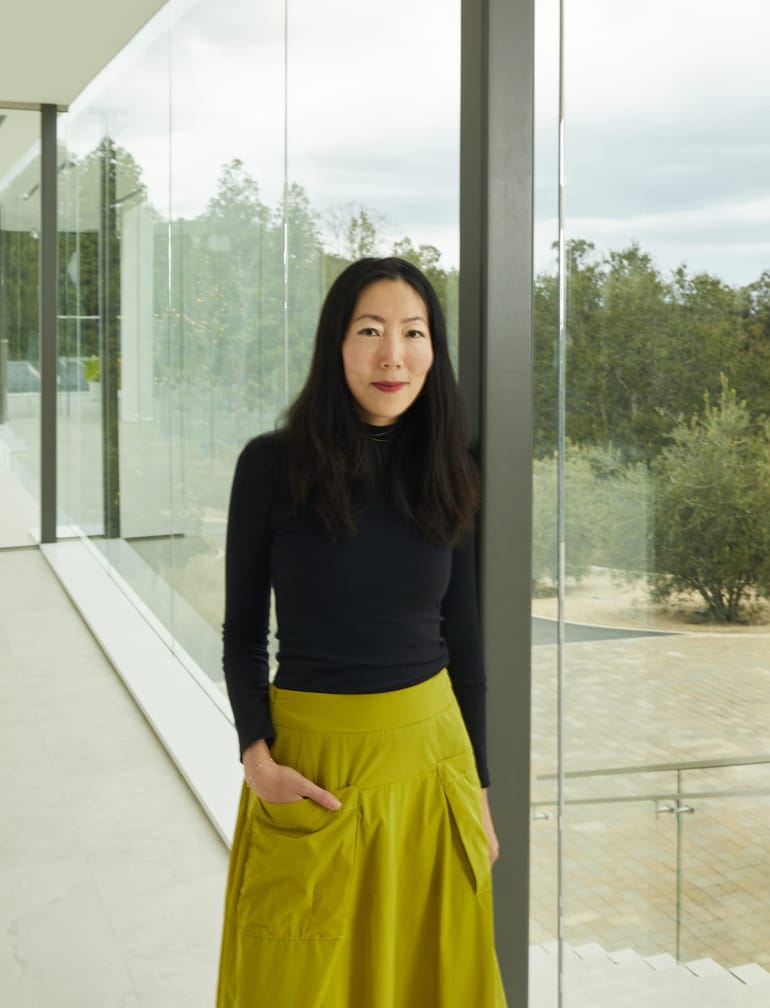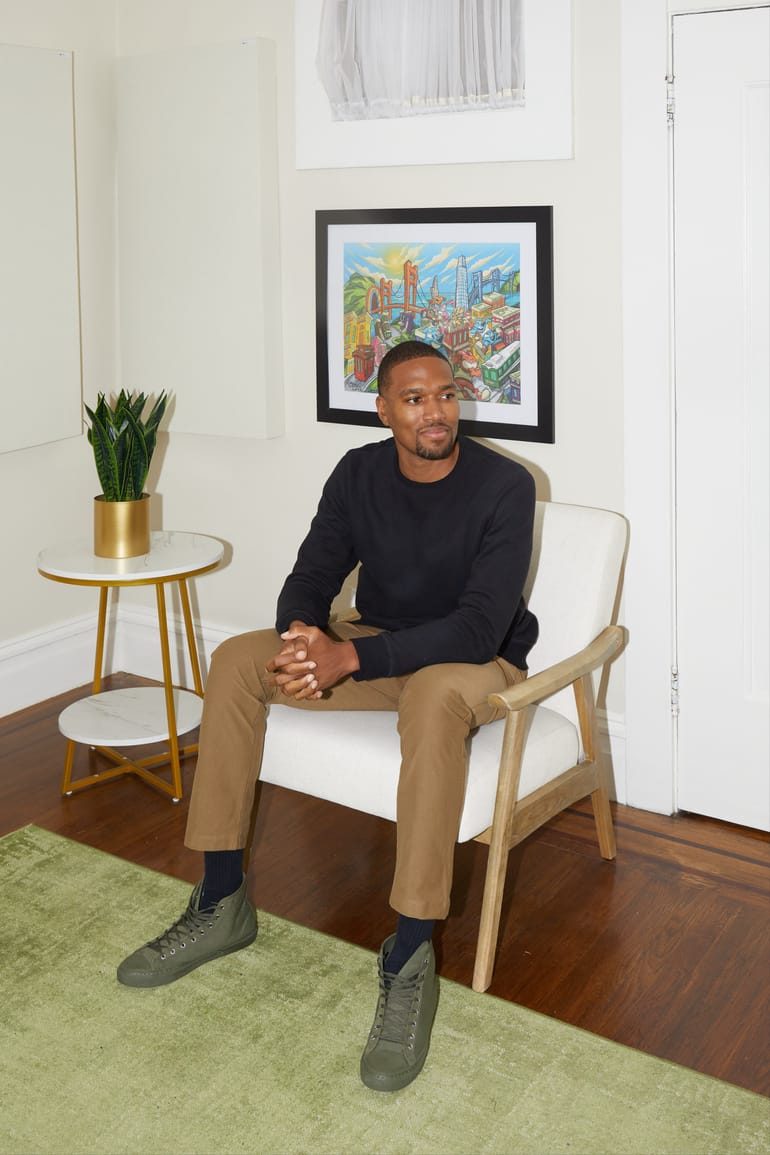I recently found myself reading a content guide written by a very well known creator. It was incredibly thorough and will help many people. But there was one line in it that just didn’t jive with me.
“Get to the gold quickly. Spend very little time on backgrounds, life stories, and introductions. Unless the guest is famous or wildly fascinating, no one cares much.”
In his defense, he writes a very tactical newsletter, and is very successful at what he does. But if you take a wider look at content creation and its propensity to “get to the gold,” this way of thinking breeds a problematic content culture at scale. You have an ecosystem of creators all waving shiny things at their readers, creating the idea that all you need to succeed are the right tools and tactics. This could not be any further from the truth. It’s fast-fashion, and in my opinion, it misses the entire point of the journey.
I, somewhat ironically, named my most recent project “Founder Things” because of exactly this. When people think of “founder things,” they typically think of this “gold”—playbooks on how to grow, how to increase conversion, tactics and tools.
I am not interested in discussing tools and tactics. In part, because you can easily find that stuff elsewhere. I am interested in talking about the founder things that are less talked about.
I did my first large-scale life stories project in 2016, called Techies. I chose the name for similar reasons—people at the time tended to think techies were a certain type of person from a certain type of background, and I wanted to dispel that. I created the project to share 100 life stories of people in the tech industry that came from non-traditional backgrounds. Through sharing those life stories, the project showed that the path to success in Silicon Valley can be radically different for people. This not only bred empathy in the industry, but served as inspiration for people from non-traditional backgrounds that didn’t know it was possible to make it here.
The project resonated. It got over 7 million views when it launched, and was covered on every major news network and magazine. People cared about life stories.
I’m sharing this because while the creator above didn’t mean harm with his words, as a major creator, they do have impact. And I'd like to present an alternate point of view. Life stories don’t convert like listicles of tactics and tools, but that’s not why sharing life stories, and slow content in general, is important.
Here are a few reasons I share slow content/life stories on Founder Things:
- I want readers from non-traditional backgrounds to see themselves in these stories. I want people to know that anyone can become a founder. You do not need to come from a certain family or socioeconomic background, or go to a certain school. There are a million different paths to entrepreneurship.
- Founders have the same hangups and insecurities as anyone else. You do not need to be the most confident person in the world, or a master at your craft, to become a founder. You just need to be passionate about an idea and be ready to work at it for a long, long time.
- I want to inspire people to take a look at their own life stories, and visualize how their own unique life path contributes to where they are today. Everything impacts the founder journey—how you were raised, early hardships, your values, the unique things you care deeply about. Discovering these things in your own journey will help make your path clearer.
- I want to inspire people to have these kinds of conversations with the people in their own lives. Be curious about your friends’ backgrounds and how they got to where they are. Learn about their deepest values and how it motivates them. Learn about the hardships they have experienced and what they did to overcome them. Use these opportunities to bond with others, get inspired, and build support networks. This, in my opinion, is the gold so many of us are looking for.
When you read a Founder Things interview, I encourage you to think about your own story. The more you understand your own early chapters, the more your own story will start to make sense to you, and your next chapters may suddenly begin to write themselves. And that is a powerful thing.
H




